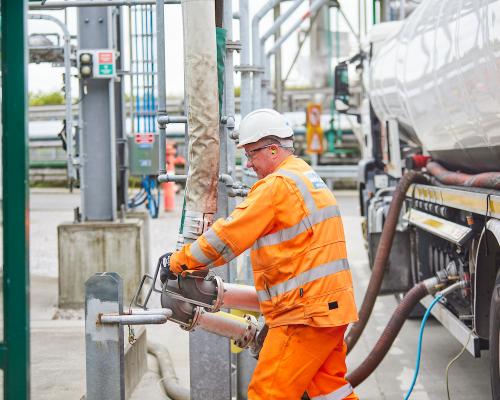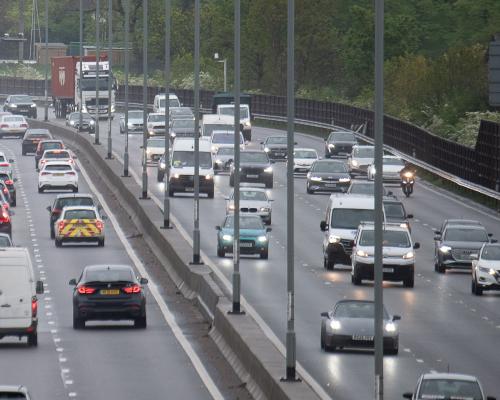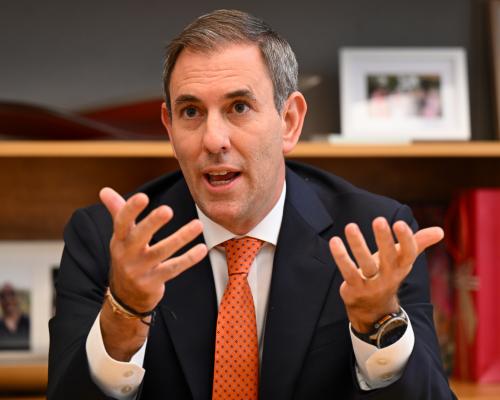
The UK’s largest bioethanol plant is to close after being dealt a body blow by Keir Starmer’s trade deal with Donald Trump.
The owner of the Vivergo plant in Hull, owned by Associated British Foods (ABF), said it would close with the loss of 160 jobs, just hours after the government said it would not fund an industry rescue package. The first redundancies will be made on Tuesday.
The government’s decision creates uncertainty over a further 4,000 jobs in the industry’s supply chain including farmers and hauliers. Bioethanol is a petrol substitute produced from agricultural products.
Vivergo opened a redundancy programme in June. At that point the government held talks with the company, more than a month after ABF warned that the US trade deal was an “existential threat” allowing US producers, for the first time, to compete litre-by-litre under a new duty free agreement for American ethanol.
ABF and Ensus, the owner of the other major bioethanol plant in the UK, said the US deal would have a huge knock-on effect on wheat farmers who supplied their plants, as well as the UK’s lead in clean fuels.
A spokesperson for ABF said on Friday: “It is deeply regrettable that the government has chosen not to support a key national asset. We have been left with no choice but to announce the closure of Vivergo and we have informed our people.
“We have been fighting for months to keep this plant open. We initiated and led talks with government in good faith. We presented a clear plan to restore Vivergo to profitability within two years under policy levers already aligned with the government’s own green industrial strategy.”
ABF had warned the US trade deal, hailed as a triumph for Starmer, was a killer blow because it scrapped tariffs on a quota of 1.4bn litres of imports from the US, the exact size of the UK production, as part of the agreement with Trump in May.
The US trade deal was a victory for the car industry which had tariffs slashed from 27.5% to 10%. The steel industry is still facing 25% tariffs but the UK government is hoping these will be scrapped after further negotiation.
Government sources said they had to prioritise the 320,000 jobs in auto, steel and aerospace and added that the ethanol plants had faced financial problems before the US deal.
Sources in the National Farmers’ Union believe Trump’s negotiators had said that in exchange for slashing tariffs on cars and steel they wanted US farmers to have access to either the British pork or ethanol industries.
A spokesperson for the Department for Business and Trade said it had taken “the difficult decision not to offer direct funding as it would not provide value for the taxpayer or solve the long-term problems the industry faces”.
ABF accused the government of having “thrown away billions in potential growth in the Humber” and the opportunity to “lead the world” on clean fuels.
The general secretary of the Unite union, Sharon Graham, said: “This is a shortsighted decision that totally disregards the benefits the domestic bioethanol sector will bring to jobs and energy security.”







